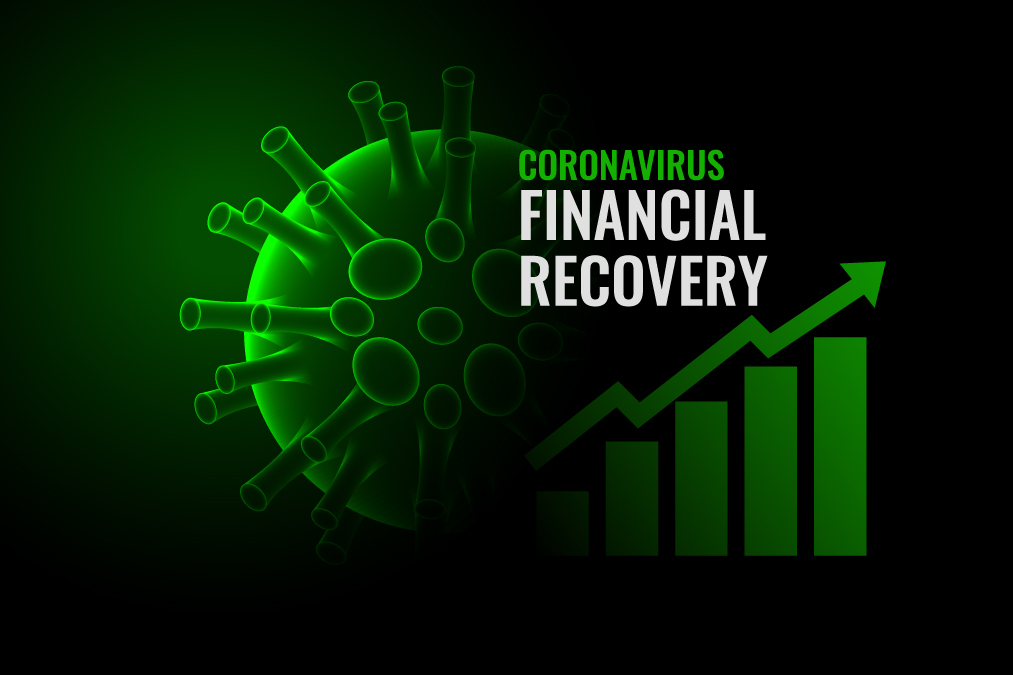We’re already bearing witness to the impacts that COVID-19 has had on the economy. Thankfully, the Federal and State Governments have put a number of relief measures in place for businesses during this time. Amongst these relief measures were temporary insolvency and bankruptcy protections which have just been extended.
On 7 September, Treasurer Josh Frydenberg and Attorney-General Christian Porter announced that the protections, which were introduced in March and set to expire on 25 September, have now been extended to 31 December.
The extension means the following measures will continue to provide relief to businesses and individuals experiencing financial distress:
- the increased threshold at which creditors can issue a statutory demand to a company under the Corporations Act remains at $20,000 (up from $2,000);
- if a company is served with the statutory demand, it continues to have the benefit of the extended time for compliance temporarily set to 6 months (up from 21 days);
- the increased threshold at which creditors can serve a bankruptcy notice against an individual remains at $20,000 (up from $5,000);
- if an individual is served with a bankruptcy notice, that individual continues to have the benefit of the extended time for compliance temporarily set to 6 months (up from 21 days); and
- directors will continue to be free from personal liability for trading while insolvent.
These measures are part of more than 80 temporary regulatory changes made by the Federal Government to support businesses and individuals during COVID-19. Data from the Australian Securities & Investments Commission shows the measures have assisted with a decrease in businesses entering insolvency and voluntary administration compared to 2019.
It is difficult to gauge at this point how many businesses may be staving off the inevitable. At any rate, the extension is positive news for businesses experiencing financial difficulty, in that it presents an opportunity for businesses to restructure, wind down or recover, as appropriate, but conversely, it is a cause of frustration for creditors who remain in waiting. Outstanding debts will need to be serviced once the extension ends, so debtors and creditors alike should start preparing their course of action accordingly.
If your business has been affected by the temporary insolvency and bankruptcy protections during COVID and you’d like to discuss planning for when the temporary measures end in December, please contact me to discuss how I can assist you.



